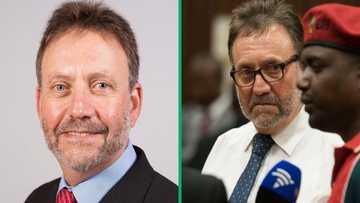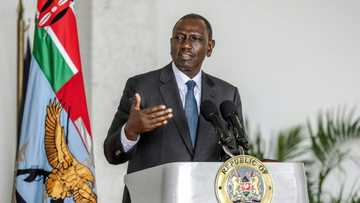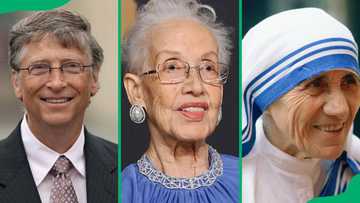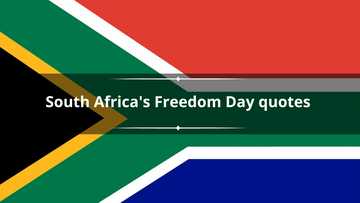10 important things Nelson Mandela did to build democracy in South Africa
Nelson Mandela is an internal icon for world peace and democracy and was instrumental in creating South Africa's democracy in 1994. Even though the beloved political figure has since passed, his memory lives on through all his life-changing actions to ensure peace within the country. What essential things did Nelson Mandela do for democracy?
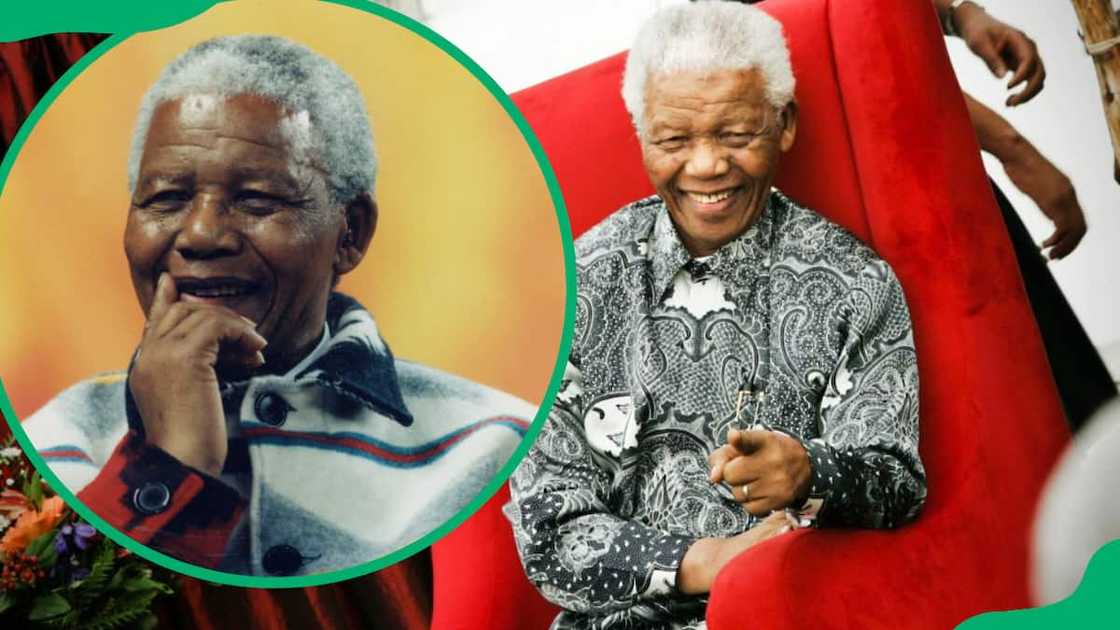
Source: Getty Images
TABLE OF CONTENTS
- 10 important things Nelson Mandela did to build democracy in South Africa
- 10. Showing strong leadership
- 9. Forgiving his oppressors
- 8. Denouncing violence
- 7. Becoming a global symbol of peace
- 6. Established the South African Truth and Reconciliation Commission
- 5. Installed measures to fight poverty and improve healthcare
- 4. Used sports to unite the country
- 3. Established the Nelson Mandela Foundation
- 2. Worked closely with unions
- 1. Remained a positive figure until he passed
- Why was Mandela imprisoned for 27 years?
- Who helped build democracy in South Africa?
- Why was 10th May 1994 crucial for South Africa?
Also fondly referred to as Madiba, Nelson Mandela changed the world during his fight against Apartheid during the Apartheid era. His strong leadership skills and willingness to lead by example through forgiveness and empathy made him the ideal choice to lead South Africa through its new democracy.
Nelson Mandela’s achievements stretched further than just becoming president of South Africa. Madiba's groundbreaking choices while in power ensured the country's new democracy will remain unshakable in years to come. What did Nelson Mandela do to promote democracy in the world?
10 important things Nelson Mandela did to build democracy in South Africa
Madiba has done many great things for South African citizens since joining the fight for democracy. What are some of Nelson's most significant achievements? Here are 10 important things Mandela did to build democracy, thereby transforming the lives of millions.
10. Showing strong leadership
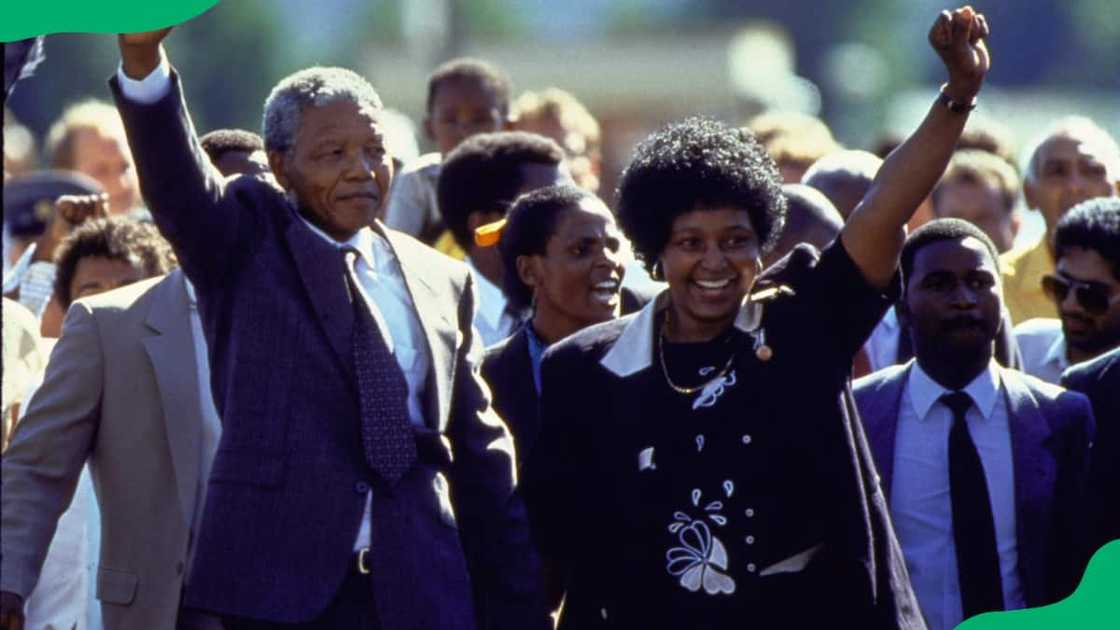
Source: Getty Images
Nelson Mandela joined the African National Congress in 1943 and co-founded its Youth League in 1944. His incredible leadership and dedication to making the country a better place earned him a spot as the political party's president from 1991 to 1997, when Nelson declined to stay president for another term.
9. Forgiving his oppressors
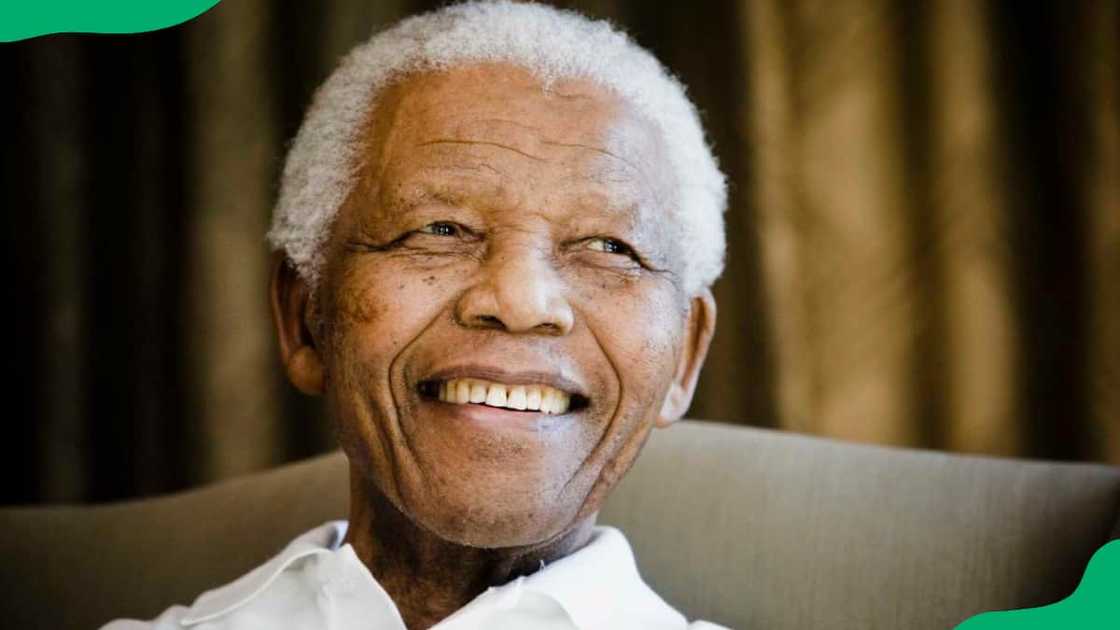
Source: Getty Images
During Nelson's fight with the ANC against the Apartheid government, he was arrested various times and stood trial on four occasions. Madiba spent over 27 years in prison, but despite experiencing various trials and tribulations in his fight for the country's freedom, he forgave F. W. de Klerk and the National Party. F.W. de Klerk issued a public apology for Apartheid and negotiated with Nelson to dismantle Apartheid together.
8. Denouncing violence
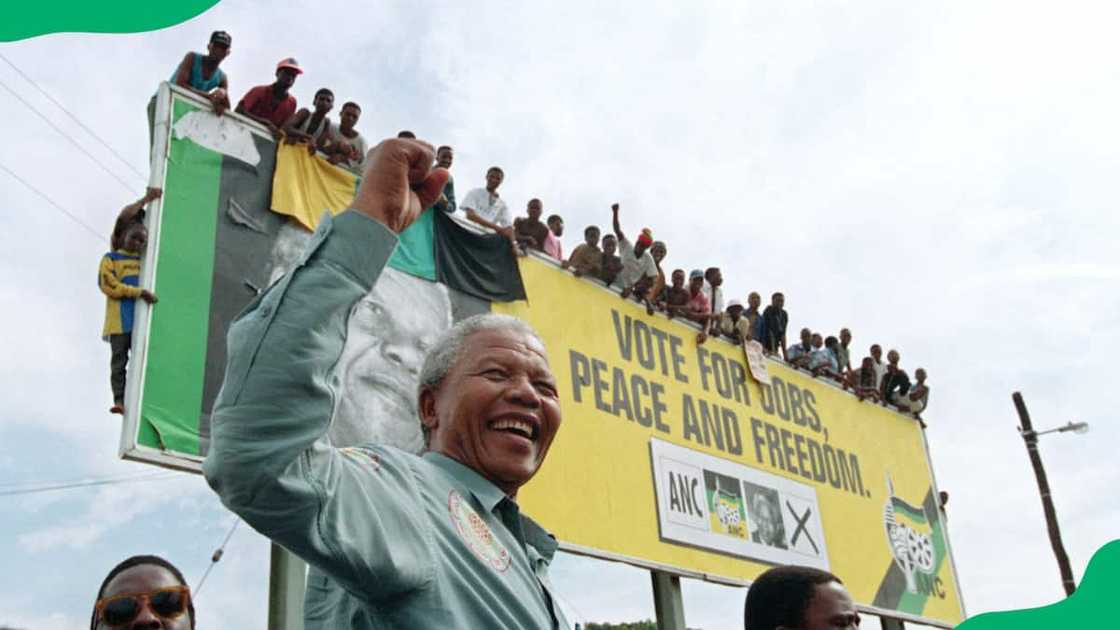
Source: Getty Images
Nelson Mandela opposed violence, supporting Mahatma Gandhi's ideals about non-violence. However, he became frustrated at the lack of progress, so he began to believe armed resistance was necessary, joining civil unrest campaigns. This landed him in legal trouble, and once freed, he again took a non-violent approach to protest.
7. Becoming a global symbol of peace
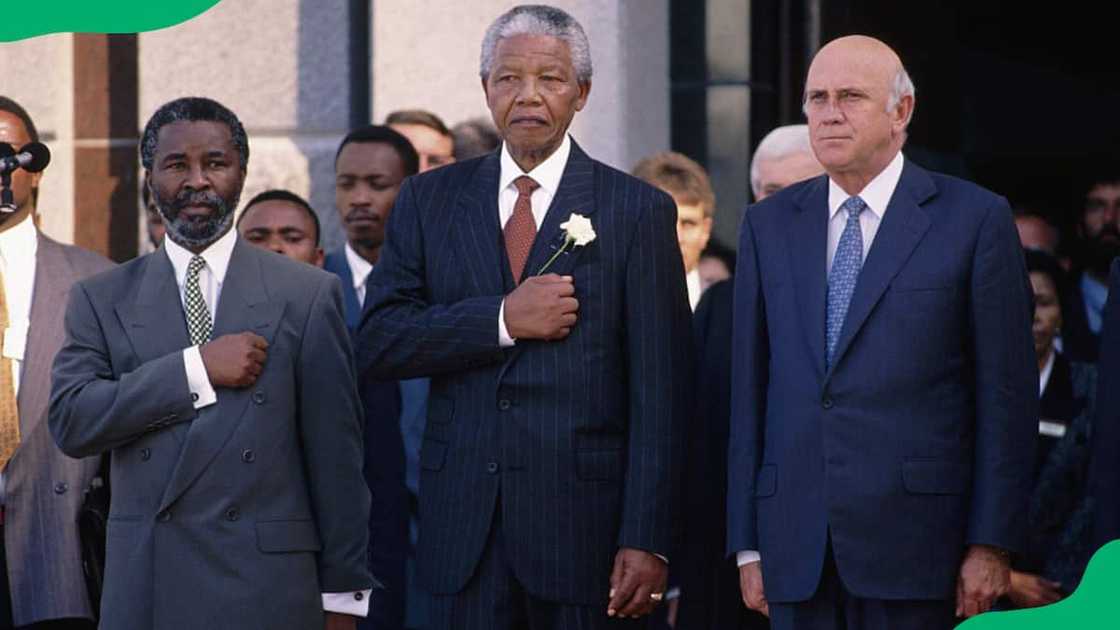
Source: Getty Images
Madiba's actions and willingness to work with the National Party helped him become a worldwide icon for peace and change. Nelson Mandela and F.W. De Klerk won The Nobel Peace Prize on October 16, 1993, after they joined forces to create a brighter future for all South African citizens.
6. Established the South African Truth and Reconciliation Commission
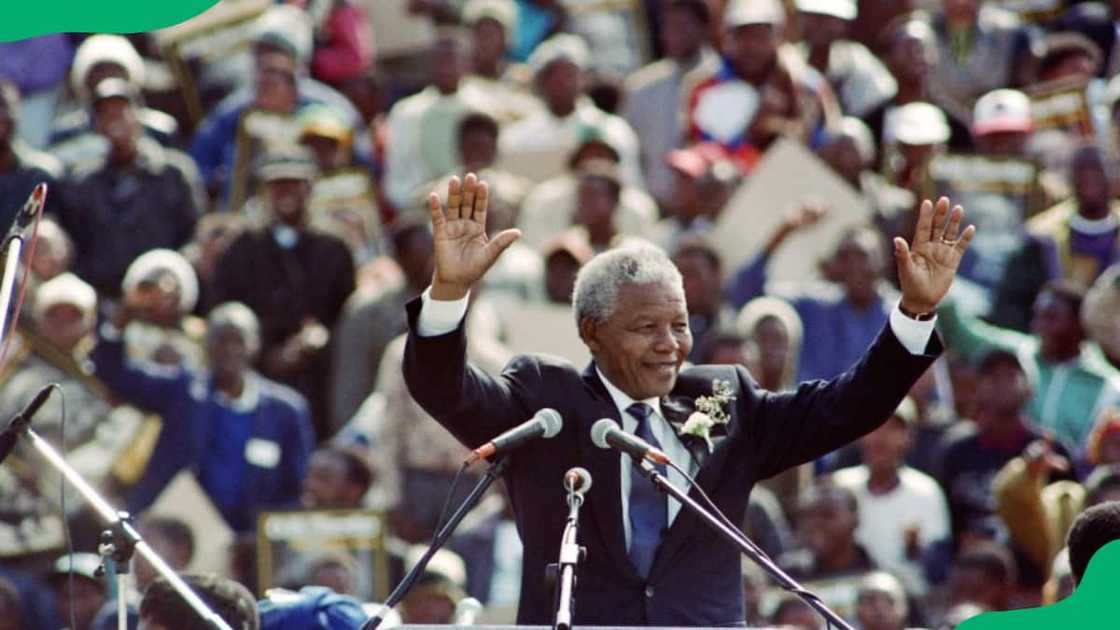
Source: Getty Images
After Nelson was elected South Africa's president in 1994, he established the South African Truth and Reconciliation Commission in 1996. The commission was created to help South Africans better cope with the conflict, violence, and human rights abuses that occurred under Apartheid. Archbishop Desmond Tutu, the chairman, and Alex Boraine, the deputy chairman, authorised the commission.
5. Installed measures to fight poverty and improve healthcare
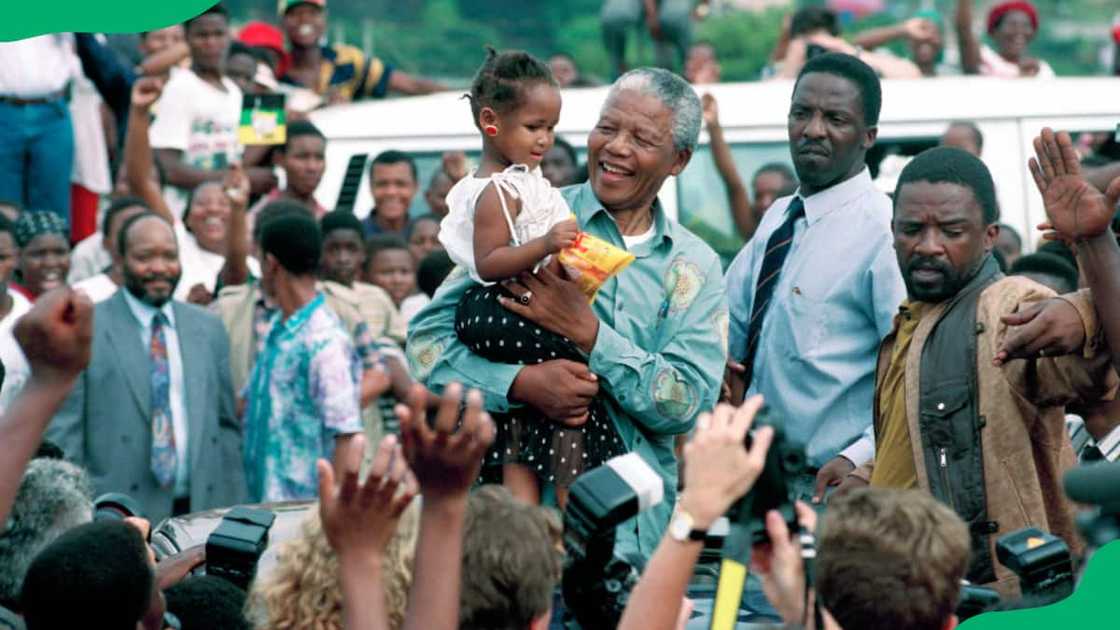
Source: Getty Images
As president, Nelson Mandela created various initiatives and implemented measures to help create a better South Africa. He donated half his presidential salary to children in financial need and gave away part of his Nobel Peace Prize to the same initiative.
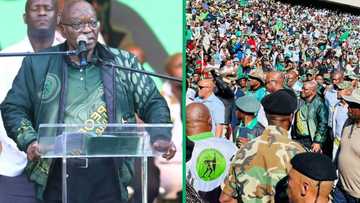
Read also
Jacob Zuma says he should be retired but must fight thieves, speaks to thousands in Orlando
4. Used sports to unite the country
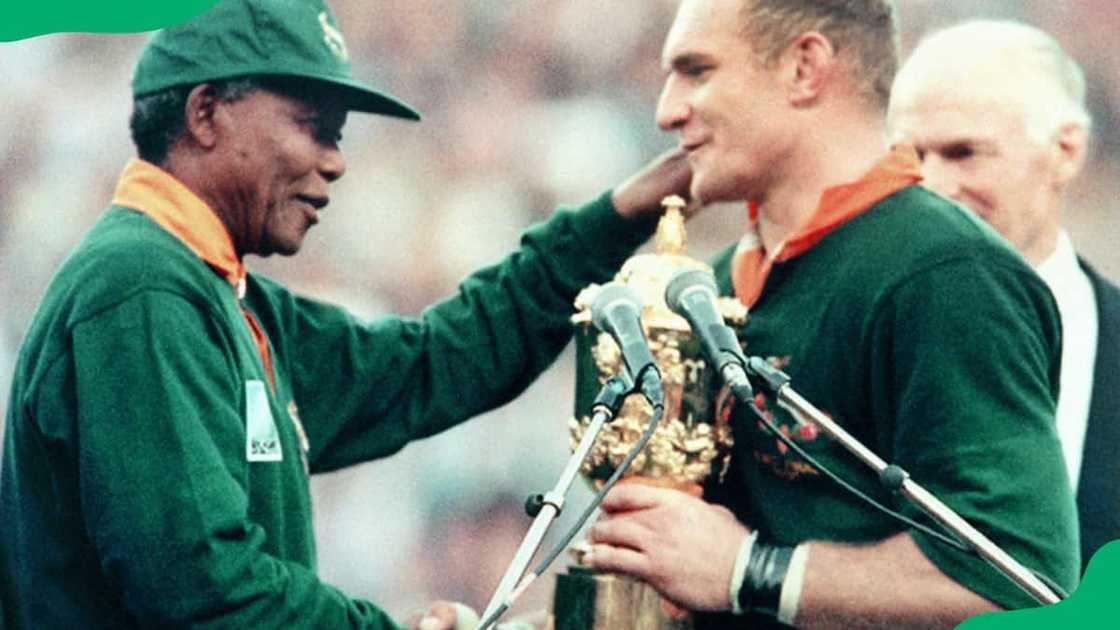
Source: Getty Images
The rest of the world boycotted South Africa when Apartheid came into law, and the sporting world was no exception. Following Apartheid's abolishment and the re-establishment of South Africa to the rest of the globe, Madiba saw a chance to unite the country through rugby, and South Africa went on to win the Rugby World Cup in 1995, furthering South Africa's unity as a nation through sports.
3. Established the Nelson Mandela Foundation
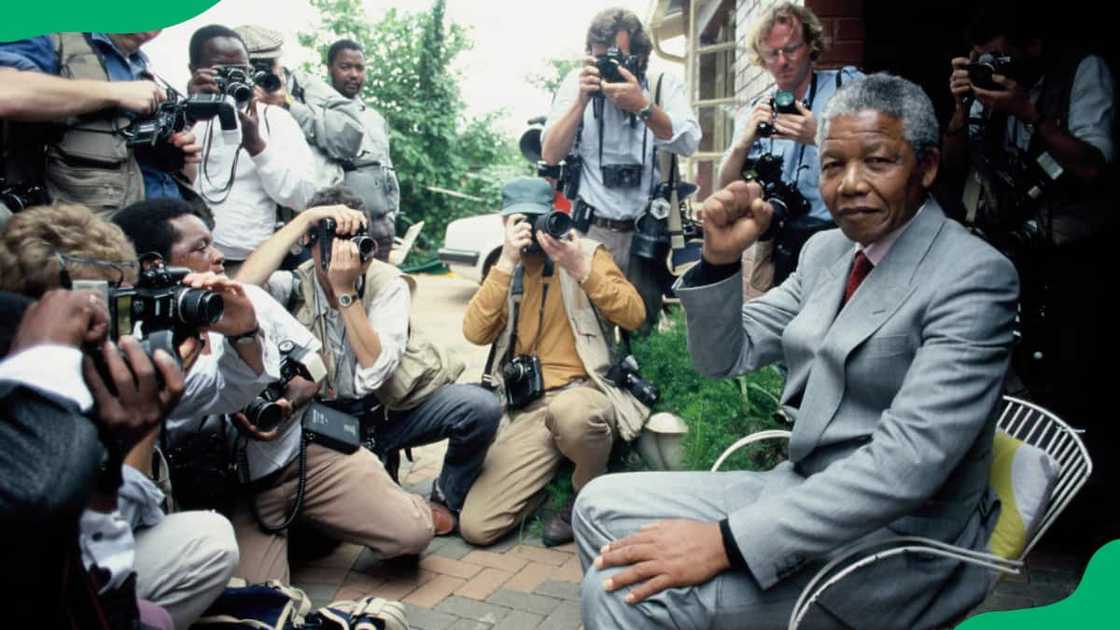
Source: Getty Images
Madiba created the Nelson Mandela Foundation in 1999, a non-profit organisation focused on memory, dialogue and legacy work. Specifically, the foundation creates a much-needed dialogue on critical social issues, which brings them to the forefront.
2. Worked closely with unions
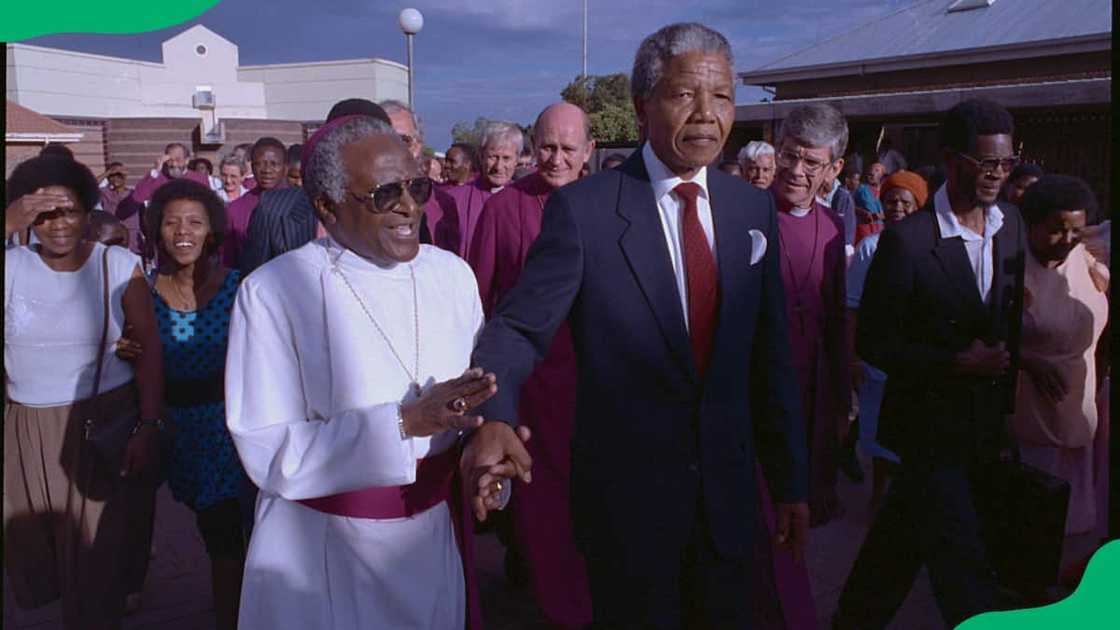
Source: Getty Images
The African National Congress worked closely with various unions during its fight against Apartheid, and Nelson Mandela followed that legacy into his presidency. Through these workings, Nelson ensured fairness and equality and kept peace.
1. Remained a positive figure until he passed
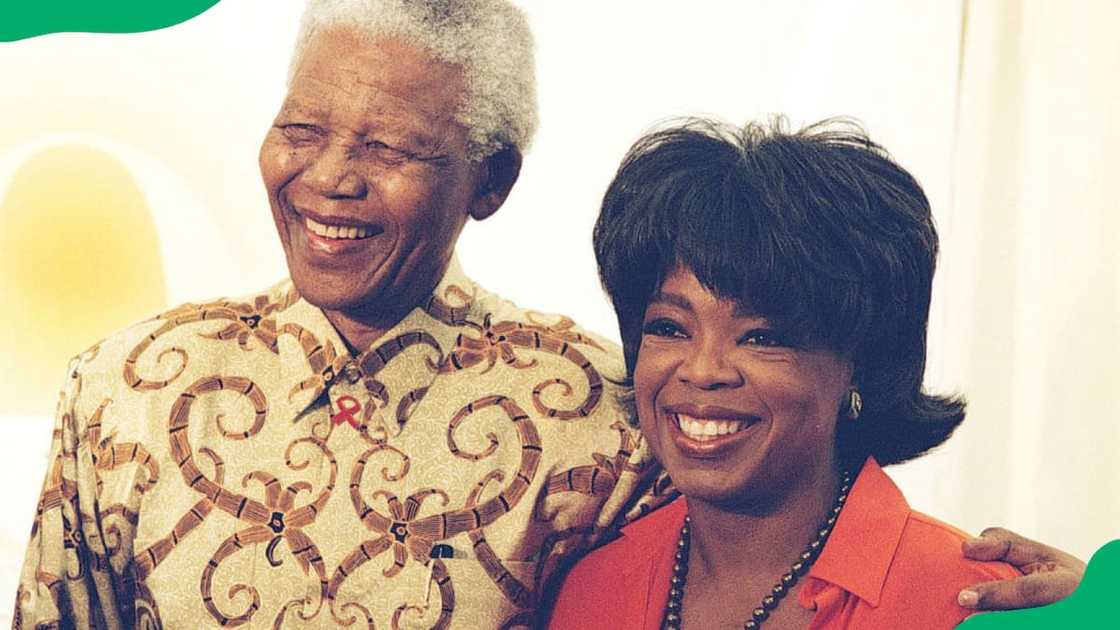
Source: Getty Images
Madiba's life was marred with tragedy, unfairness, and imprisonment. Instead of encouraging violence or dwelling on his suffering, which would have been justified, Nelson remained humble and kind in his approach to all he met. Madiba's outstanding character and memorable leadership made him South Africa's most iconic president.
Why was Mandela imprisoned for 27 years?
As mentioned earlier, the political figure was jailed for over 27 years for his role in rising against the National Party's oppressive Apartheid regime. Following the Rivonia Trial, Nelson was sentenced to 27 years imprisonment for conspiring to overthrow the state. Madiba's time served included stays at Robben Island, Pollsmoor Prison and Victor Verster Prison.
Who helped build democracy in South Africa?
Nelson Mandela was essential to building the country's democracy, and his strong leadership skills and humble nature made him the ideal candidate for South Africa's first democratic president. The African National Congress (ANC), along with other democratic parties, was also instrumental in creating the country's democracy.
Why was 10th May 1994 crucial for South Africa?
The 10th of May, 1994, is an essential part of South Africa's democracy as it was the first time a democratic leader was chosen. Nelson Mandela was inaugurated as South Africa's first democratic president that day, paving the way for the country's blossoming democracy in years to come.
Nelson Mandela was integral in liberating South Africa from Apartheid's oppressive shackles, with his actions still being impactful decades later. These 10 important things Nelson Mandela did to build democracy in South Africa show why Madiba is such a globally-loved political figure.
READ ALSO: The granddaughter of Nelson Mandela, Zoleka's untimely death
Briefly.co.za published the news about Zoleka Mandela. She was only 10 when her grandfather, Nelson Mandela, was released from prison in 1990.
Zoleka was born on 9th April 1980 in South Africa and after a deeply troubled life, died on 25th September 2023. Discover lesser-known facts about Nelson Mandela's granddaughter.
Source: Briefly News

